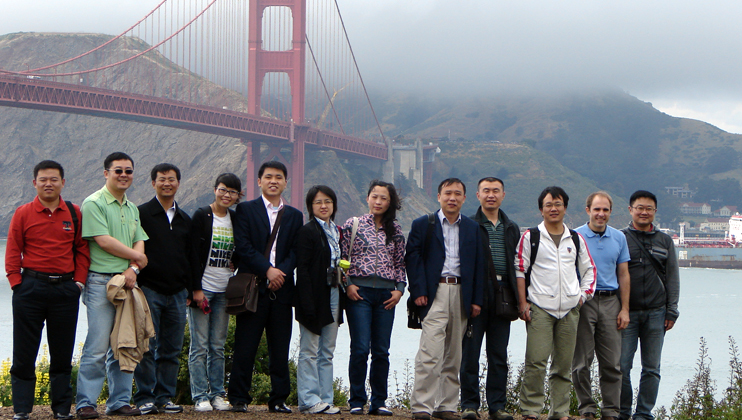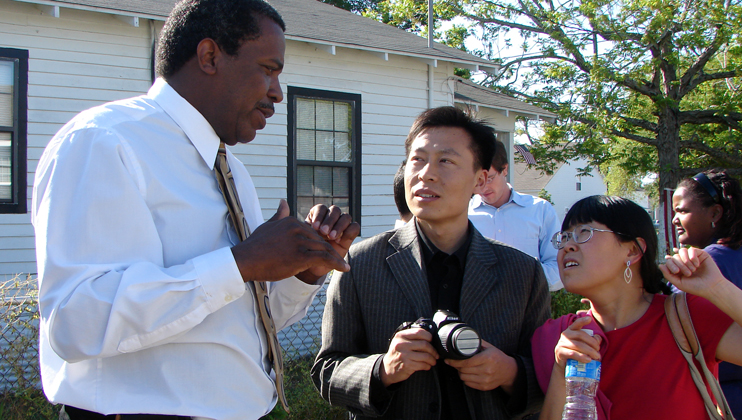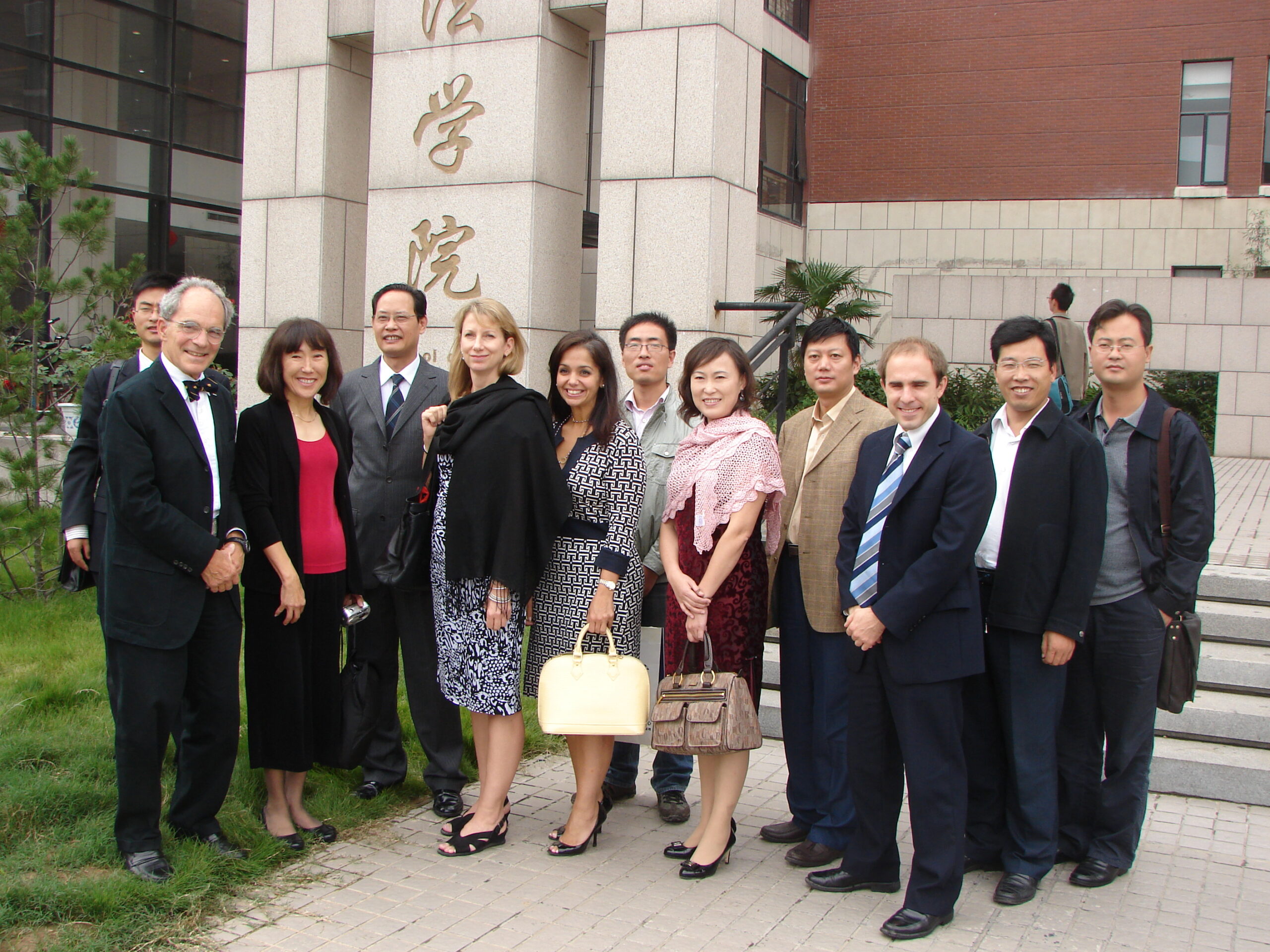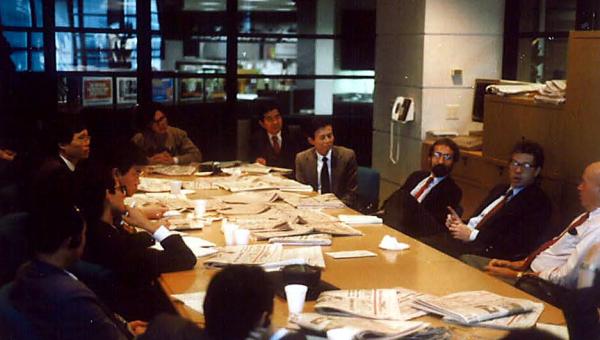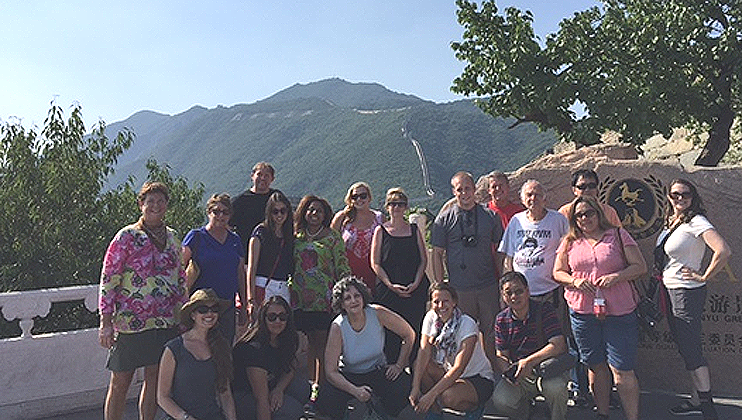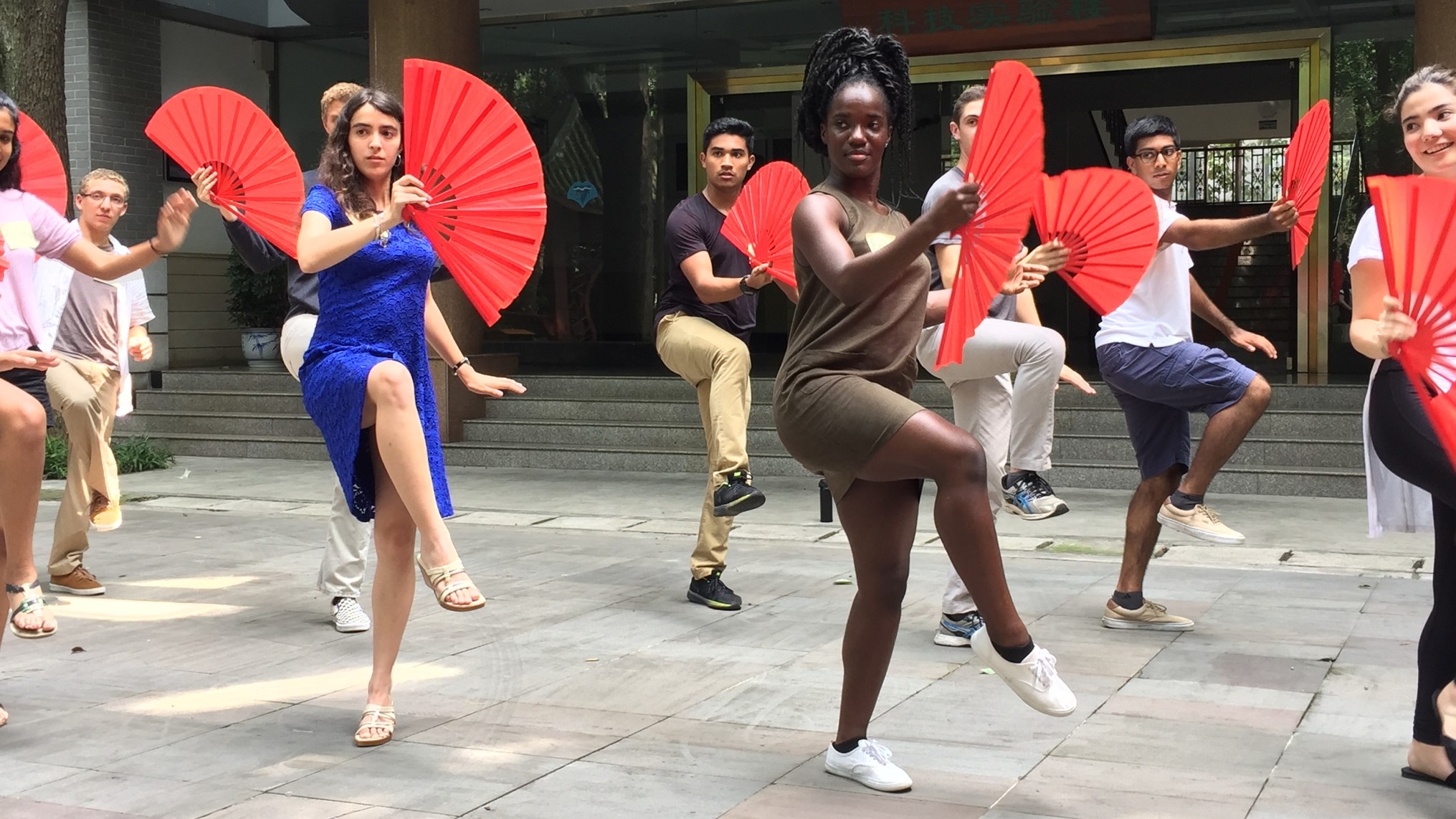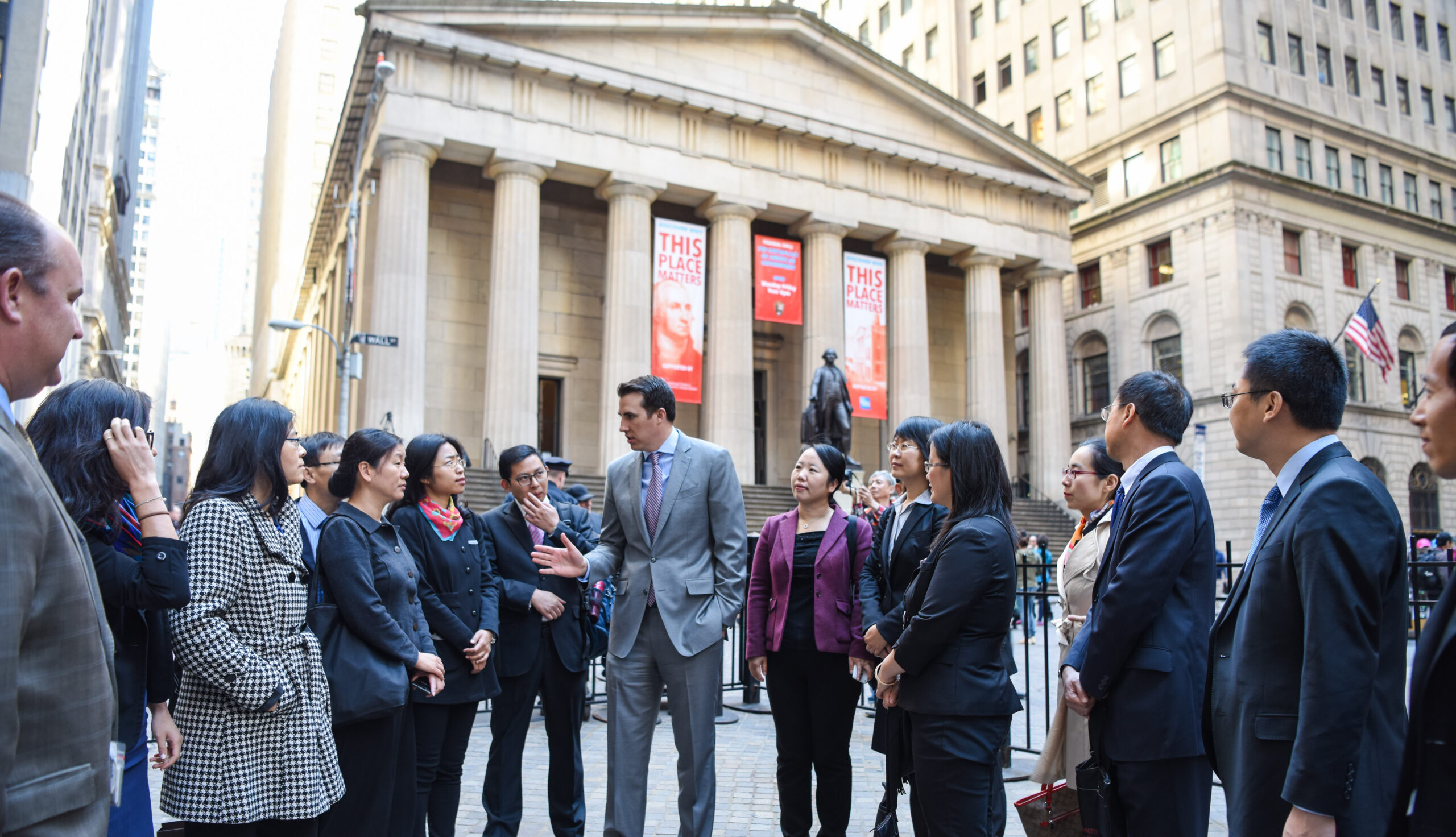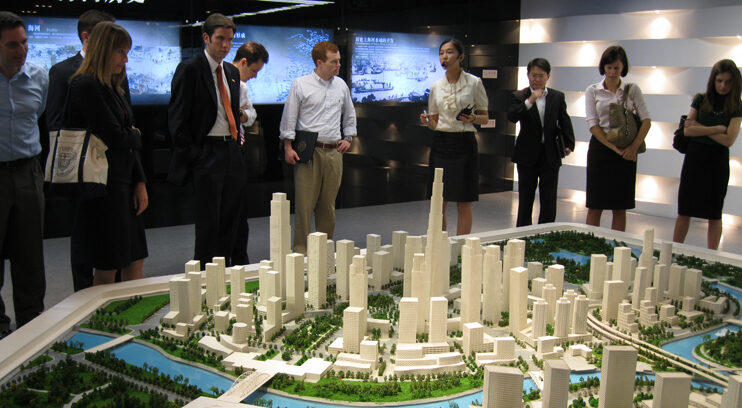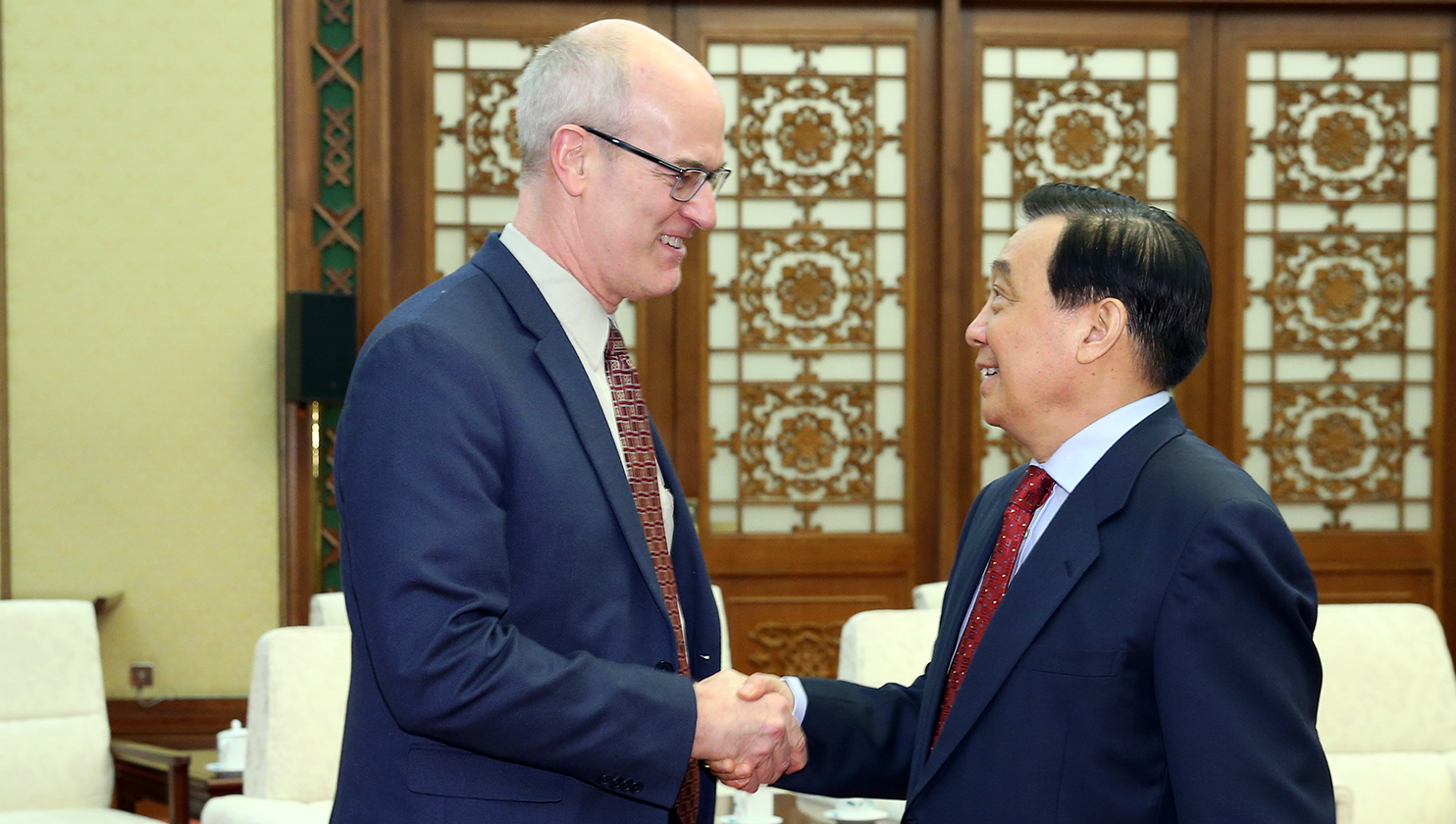In 2011, the National Committee, in partnership with the Center for Legal Assistance to Pollution Victims at China University of Political Science and Law, sponsored a two-way exchange for environmental law professionals in China and the United States.
The National Committee, in partnership with the Institute for Sustainable Communities and with funding from the State Department's Bureau of Educational and Cultural Affairs, sponsored an exchange of emerging leaders from earthquake-affected areas of Sichuan and post-Katrina areas of the Gulf Coast designed to exchange ideas about sustainability in long-term post-disaster recovery.
The Land Use and Public Participation program provided opportunities for sharing the successes and challenges of the American and Chinese experiences of public participation in land use decisions. Government officials, scholars, and experts in both countries benefited from this timely program, which was conducted in three phases in 2009.
In 1989, trade and economic issues played a major role in the United States' relationship with Southeast Asia, and people from that region desired a better understanding of how the American economy functioned and affected the global economy. This was the first regional program carried out by the National Committee: the delegation was comprised of 11 Cantonese-speaking journalists from the PRC, Hong Kong, Singapore, and Malaysia.
Six editors of American foreign policy and political affairs journals traveled to Beijing, Shanghai, and Taipei to gain a greater understanding of Chinese foreign policy issues.
Administered by the Committee from 1981 to 2015, the Fulbright-Hays Seminars Abroad Program sent American pre-collegiate and college-level educators to several cities in China for 4-5 weeks each summer. It offered an opportunity to gain valuable, first-hand insights into a country that has become an important element in American education across the curriculum. Through the intensive program of briefings and site visits, educators enhanced their ability to teach about Chinese culture, history, politics, economics, and other areas.
Since 2004, the National Committee has been selecting twelve graduating U.S. high school seniors who have received national recognition for their accomplishments to participate in the yearly U.S.-China Student Leaders Exchange.
The Diplomat Orientation Program (DOP) is an intensive two-week study tour that provides mid-career Chinese diplomats with a deeper, more hands-on understanding of America’s history and values and how these may shape American policies and perspectives. Through a varied mix of meetings and site visits ranging from the New York Stock Exchange to a dairy farm in central Pennsylvania, participants have the opportunity to engage in direct dialogue with Americans outside their particular spheres of expertise.
The National Committee sends three bipartisian delegations of congressional senior staff members to China each year for a study tour to learn first-hand about issues impacting China and the U.S.-China relationship. Delegation members travel to Beijing and other regions of China to meet with counterparts working for China's central, provincial, and municipal governments, as well as with NGO leaders, academics, business leaders, and members of the media.
The National Committee regularly sends members of Congress to China, having arranged and escorted eight delegations since 2006. The week-long study tours are designed to educate the congressmen and women about China through personal introductions to senior Chinese leaders and a range of informative site visits and meetings.
